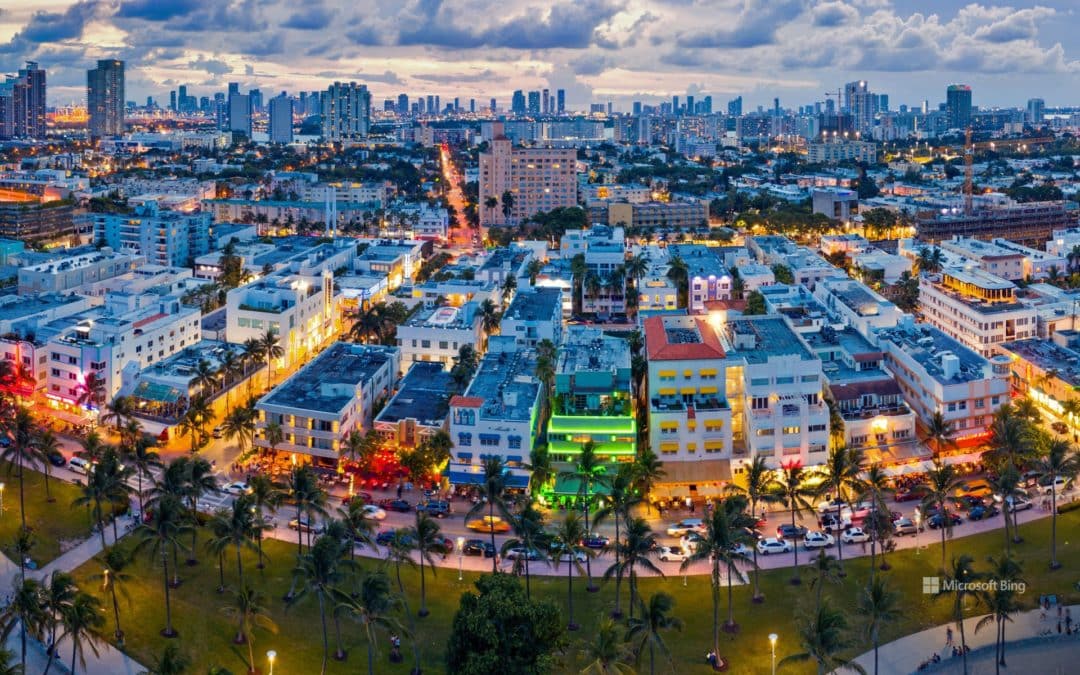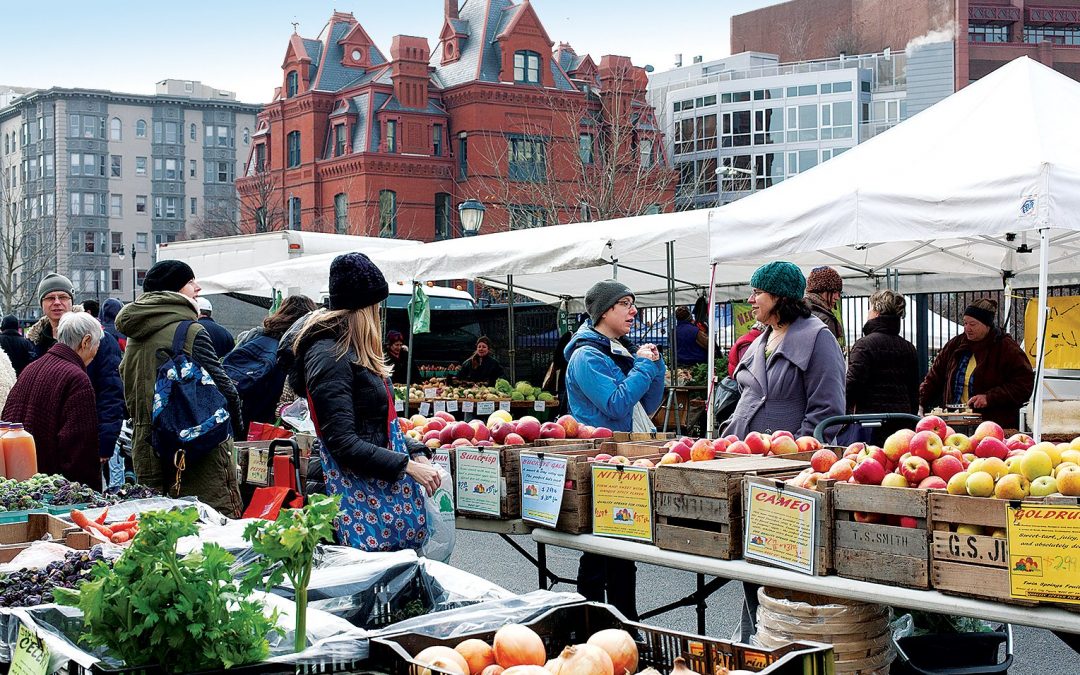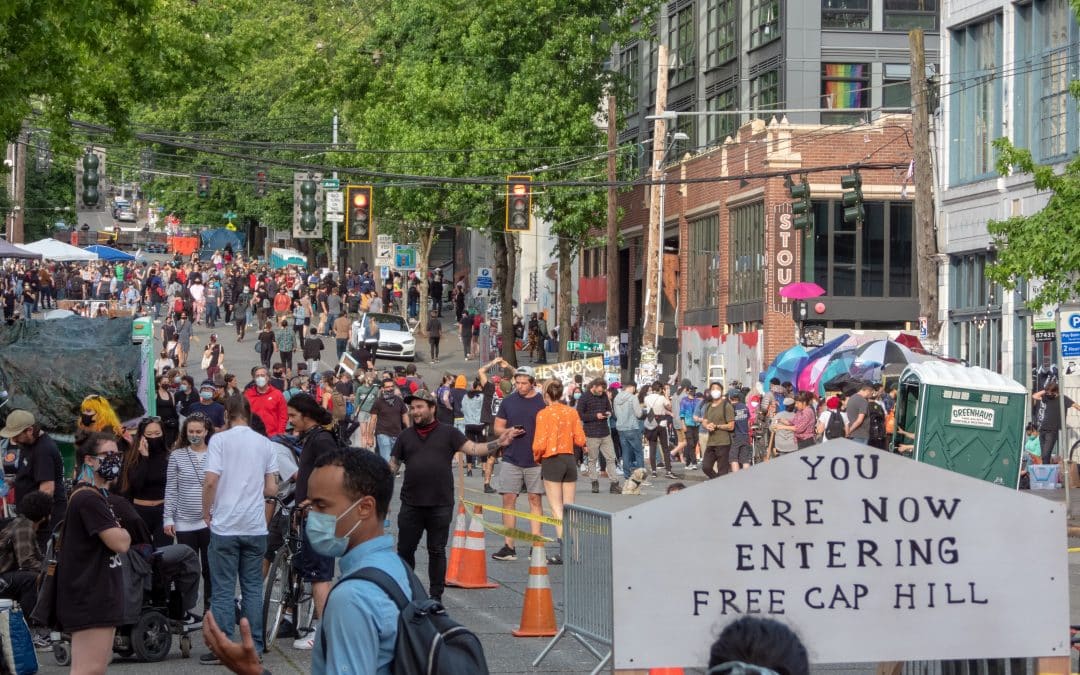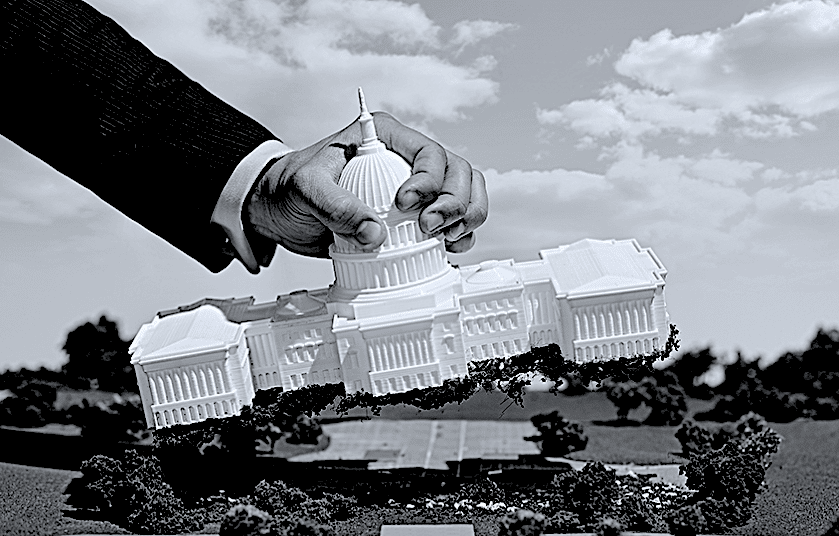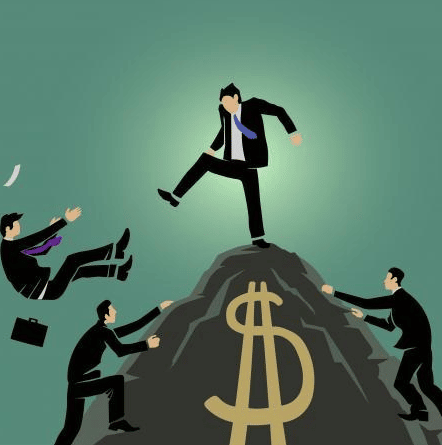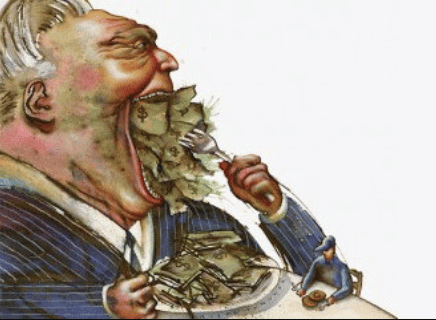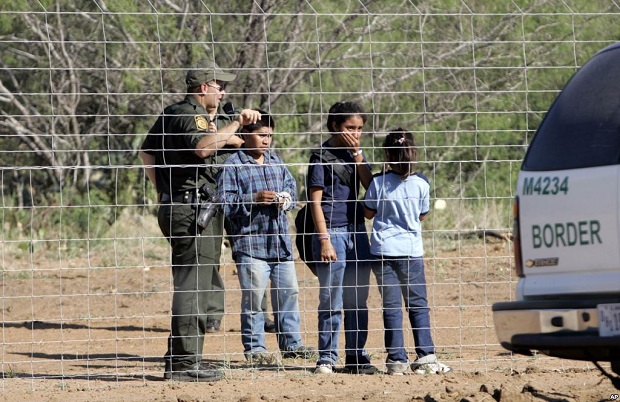It is no surprise to libertarians that what is in the interest of the government might not be in the interest of people in general. More often than not, the government’s interest is directly at odds with the interests of people in general. The countless wars waged by governments throughout history, for which common people paid ultimately with their lies, bear witness to this fact. Wars are also waged on the domestic populations that the government supposedly serves and protects. Under the guise of the greater or public good, which always require some sacrifice yet curiously dovetail with the...



